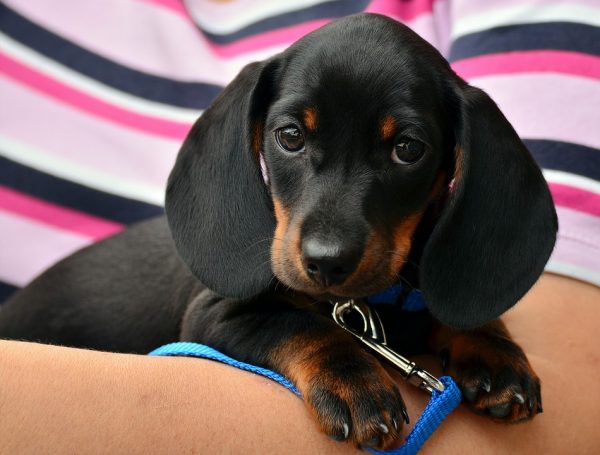
Photo by Pixabay
Buying a puppy is an exciting new adventure. Puppies bring endless joy, love and fun to your lives. Both families and singles have favoured dogs as pets for centuries, and it doesn’t take long to realise why. Owning a puppy takes a lot more than just cuddles to keep them going. There are lots of things that you won’t expect to learn when first getting one. There will be skills that you need to teach them, like how to keep your puppy out of trouble, be quiet in certain situations, and learn where to poop. The underlying costs of keeping a dog can be quite high and these extra costs must be considered first.
The Cost of Buying a Dog
The cost of a puppy varies greatly on the dealer and the breed of puppy. Many puppy owners do not know the parents of their puppy. It is best to know who the parents of the puppy are. If the puppy is a pure breed this is extremely important. This is because some dealers can pass a puppy off as a different breed to get more money. This can also mean you could get the dogs needs wrong; which could lead to more correction costs.
If you buy a pure breed, you could be looking at £500+. This varies greatly on the breed. It is always best to get a puppy from a well-known, certified breeder. German Shepherds for example can be as much as £900. Private sales of puppies can be a lot cheaper. Mixed breeds can be much cheaper, but certain dogs may suffer from illnesses connected with the interbreeding.
For more information on the cost of owning a dog I recommend you check out this article.
The First Big Costs
So, you have bought your puppy and it is ready to come home. How wonderful! On your way home, you should stop by a pet store and buy some essentials: Bowl, collar, lead, food, toys, bed, puppy training pads and of course some treats. Some of these are one-time purchases, but the initial first bill might average around £150 (depending on store and brands bought). Things like food and treats are going to be essential weekly purchases, costing in the region of £10. Some dogs may require special dietary requirements which could cost more.
Next the puppy needs to be registered with a vet. The first year of a puppy’s life is one of the most expensive of its life. A puppy will need: microchipping, vaccinations, booster injections, worm and flea medications, medical insurance and potentially have their reproductive organs removed. Vet bills are a nightmare for any puppy owner, some vet clinics will do different packages and offers for these start-up costs. However, that first year could cost around £500, but it could be more or less depending on the breed, weight and age of the puppy. Check-up appointments themselves are around £40 each time. The vaccinations and initial check-up will be in the region of £100, the spaying around £200 and insurance around £20 a month. It can be scary how the bills mount up, but after the first year the costs will reduce. For more information on veterinary costs please visit here.
Unpredictable Extras
Sometimes puppies can surprise us with medical conditions and food allergies. These could mean a puppy needs regular check-ups or a special diet which could increase vet bills massively. Unfortunately, puppies also sometimes injure themselves and this too will need veterinary care. Unexpected costs are hard on any puppy owner, but it is important to consider these possibilities before you buy a puppy. If a puppy is injured or needs special care, it is important that you have considered this and put money aside just in case.
Socialization and Grooming
Puppies need to be trained, groomed and left in kennels while owners are on holiday. All these extras require extra costs. These costs are not going to be necessary for every puppy owner, but for those that want these services, the costs need to be considered before buying a puppy.